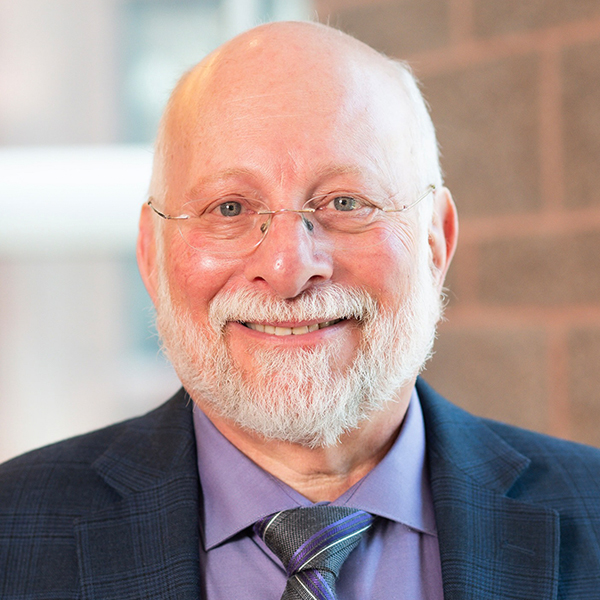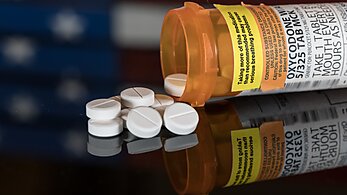—Attributed to Mark Twain
Cops Practicing Medicine
History doesn’t repeat itself.
But it often rhymes.

Today, opium prohibition seems almost natural, inevitable.
Yet opium and its derivatives were broadly legal in the United States before 1914. Americans could buy opium‐based products off the shelf.




Doctors prescribed opium for many ailments because it often helped, especially compared with what else was available.


During the first decades of the 20th century, the drug took on an increasingly negative image.
Consequently, the compulsive opioid user also took on that image, and addiction came to be regarded as a moral failing worthy of condemnation and criminal punishment.


The Harrison Act was the first significant federal drug law in the United States and, as amended, was the basic federal drug law for 56 years until the Controlled Substances Act was passed in 1970. Drug War II began as government‐funded education/indoctrination campaigns started to instill a fear of opioids among doctors and patients alike.
Doctors feared that prescribing opioids might turn their patients into addicts. Even worse, doctors worried that prescribing opioids liberally might lead to their arrest and loss of their license to practice.
Reacting to multiple studies in the peer‐reviewed scientific literature along with admonitions from government health officials and medical specialty organizations, doctors and patients became less apprehensive about treating pain with opioids, and opioid prescribing increased considerably by the late 1990s.
Originally attracting the attention of federal regulatory agencies in 2006, this would soon be known as the opioid crisis — a surge in overdose deaths from the nonmedical use of prescription opioids and illicit drugs, particularly among adolescents and teens.
This formed the basis of the second, more massive wave of intrusion of federal and state power into…
…patient‐doctor confidentiality…
Professional organizations revised their pain management recommendations as the pendulum swung back toward opiophobia.
As in the 1920s, law enforcement and regulatory agencies are currently arresting or disciplining health care practitioners for engaging in what they determine to be “inappropriate” prescribing or “overprescribing,” when there is no consensus regarding appropriate prescribing in individual circumstances.
Patients and clinical situations vary and are often unique, and medical experts often have diverse views on their appropriate management.

“She was grinning an enormous ear-to-ear grin and joyfully proclaimed that she had a search warrant for the clinic and [asked] if I was Mr. Stein. Knowing full well that I was a physician, she barked, ‘Mr. Stein, I need to see your ID!’ ”
“Other agents with assault rifles filed in to secure the premises in front and back. They greeted patients as they entered the front parking lot, proudly flashing their pricey rifles and pistols, telling them that the clinic was closed and [asking] whether they would be willing to do an interview.”
“The vast majority of my patients have been on opioids and come from other practices or primary care physicians that do not want the hassle or risk involved with pain management.”
“Even though I haven’t been charged, my practice has suffered a decline of 25% after the local newspaper published the government’s unfounded and unsubstantiated accusations.”
“Like many other physicians that treat chronic pain patients with opioids,
I exist in a sort of limbo not knowing whether I will be able to practice, or worse.”

Mark Ibsen, MD
Helena, MT
Todd Hess, MD
Minneapolis, MN
Jay Joshi, MD
Munster, IN
“We know opioids do work when properly completed and placed, and monitored. The clinic has proven that. But it became very difficult as pain specialists to do our job with the
constant threat of board reviews, attorney general reviews, DEA, FBI, and insurance decredentialing.”
And when doctors are targeted, patients suffer.
Here are the real stories of pain patients who have been directly impacted by government mismanagment of the opioid crisis.
The treatment and management of acute and chronic pain involves the same nuanced medical decisionmaking as does the treatment of hypertension, diabetes, infectious diseases, and psychiatric disorders.
There is no justification for law enforcement personnel, untrained in the health sciences, to intervene in a matter for which health professional licensing boards were created.
nor the act of self‐medication
Read the White Paper
Cops Practicing Medicine
The Parallel Histories of Drug War I and Drug War II
Government and law enforcement increasingly surveil and influence the way doctors treat pain, psychoactive substance use, and substance use disorder.





